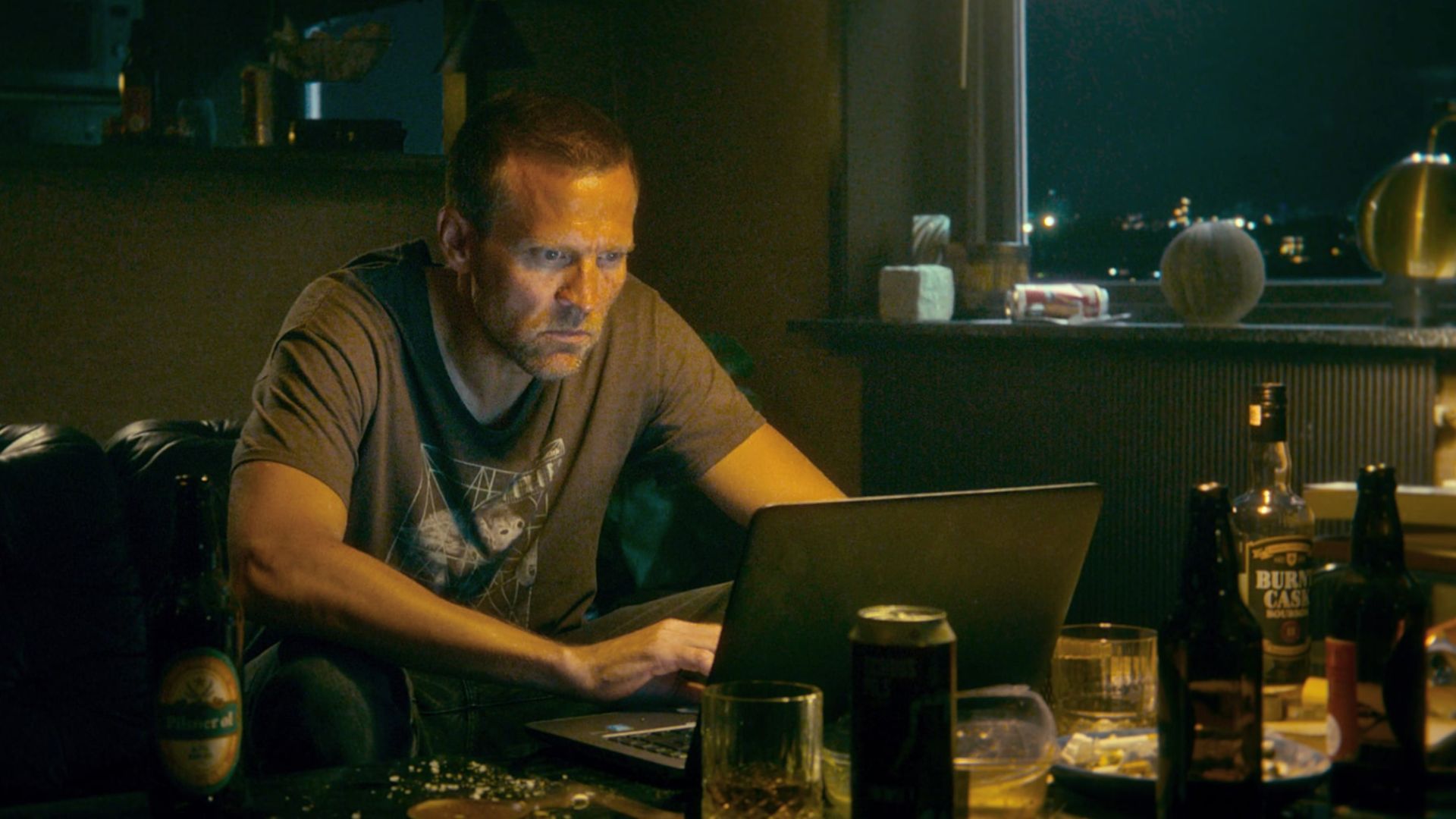Swedish singer Tove Lo dares to bare as she goes braless in a sheer lace dress at the Wuthering Heights world premiere

The 38-year-old Swedish singer, known as Tove Nilsson, confidently posed for photographers before the event in a see-through white lace dress and a minimal white thong, choosing to go without a bra.








